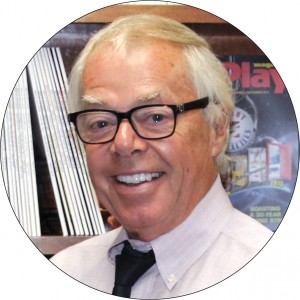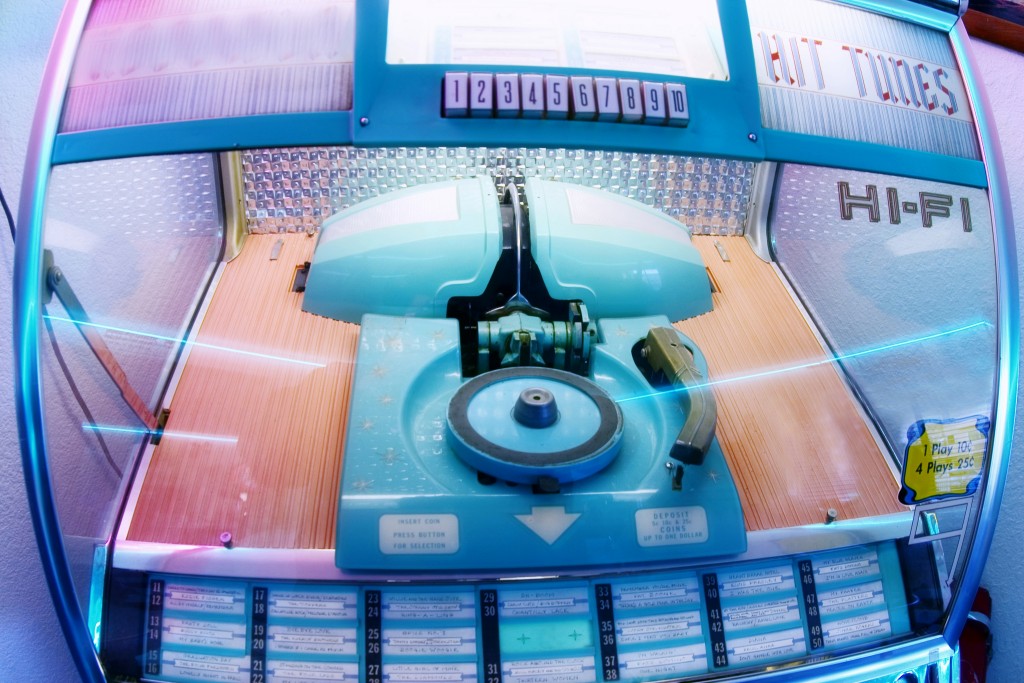Editorial

There’s a new movie called The Founder that made the rounds of theaters recently. It tells the story of a hamburger stand in San Bernadino, Calif. that grew into the 36,000-store McDonald’s mega chain where over a million people buy food every day. As the title suggests, it also tells the audience how a salesman/visionary named Ray Kroc pulled that trick off. One of his dictates hit me in the puss when I saw the picture recently. As played by actor Michael Keaton, we hear Kroc preach his vision to his initial franchisees, that includes this observation (and I paraphrase): “No cigarette machines and no jukeboxes means no riff raff!”
That dictate is still followed by their store owners and managers today, at least for the most part. Same rule seems to apply at what might be the next biggest chain –– Starbucks –– which runs around 24,000 outlets (and climbing) around the world. But while McDonalds, and other fast food chains that shared Kroc’s dislike of customers hanging around his locations listening to the jukebox, Starbucks seems to like people sitting and pecking at their laptops for hours on end so long as they buy a coffee now and then.
The U.S. Surgeon General’s 1964 report on Smoking and Health has pretty much destroyed the cigarette machine business as the route operating industry once knew it. But the jukebox is a different thing entirely and has actually morphed into a far more acceptable entertainment device than ever, offering a modest appearance along with a far wider selections of tunes and other services than people could have imagined back in the days of vinyl. Digital music has taken over the coin-op world, and it might be time for some spunky operators out there (especially those sporting the same persistent moxie as Ray Kroc) to try to crack into these kind of stops again.
There is a new breed of businessman running these fast food places these days who may not even be familiar with (let alone agree with) the ancient image of the jukebox man as some sort of riff raff himself. I’m well aware that many readers have tried and failed and even tried again to get a foothold in these places with the same negative result. But like the Kroc of the movie whose formidable persistence paid off back in the days when nobody knew what those Golden Arches stood for, maybe it’s worth yet another try.
People who are afraid of the word “no” make bad salesmen. Rather than rejection, a refusal to allow a machine onto the premises at least means someone asked. And rather than rejecting my suggestion, maybe somebody out there ought to do something about it. After all, how would anyone feel if one of their competitors beat them to the punch?

